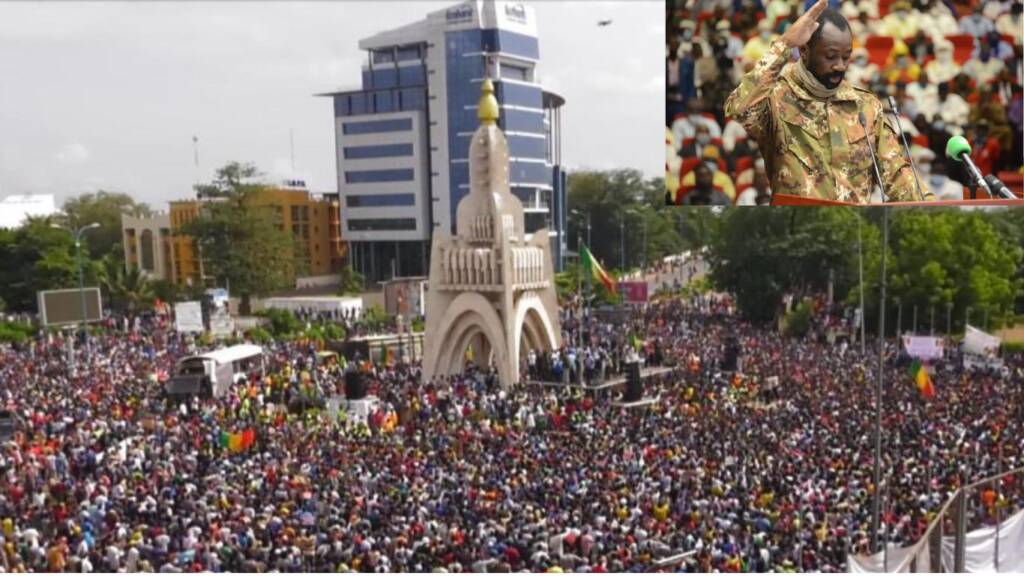On Tuesday, Mali’s military government banned all political parties and organizations. This shocking move comes after several pro-democracy activists were kidnapped in the capital city, Bamako. The ban also followed a large protest where people asked for free and fair elections.
Mali’s transitional president, Colonel Assimi Goita, signed a decree that dissolved all political parties and groups involved in politics. He said the reason was to keep “public order.” The new rule also says that no members of these parties can hold meetings.
A Step Back for Democracy
Experts say this is a big setback for democracy in Mali. Paul Melly, an analyst from the think tank Chatham House in London, said, “This is a serious blow to Mali’s history of democracy.” He explained that Mali had a strong movement for democracy in the 1990s, and even though the country had military coups before, people have always fought to bring back elected governments.
Now, Melly says, political life and free speech have been shut down. But he also believes this might not last forever. “It’s hard to say if this will be short-term or long-term,” he said. “But I don’t think Malians will accept losing their right to speak and vote forever.”
Legal Uncertainty
The situation is now very clear in legal terms: since political parties are banned, any organized political activity is now illegal. Without a new legal system, there is no way for political groups to act within the law.
Postponed Elections
Mali has been under military rule since 2020, after two coups led by Assimi Goita. At first, Goita promised to hold elections and return power to civilians. Elections were planned for February 2024 but were delayed. The government said it was due to “technical reasons,” and no new date has been given.
Recently, the military government suggested extending Goita’s presidency until 2030. That would mean five more years of military rule. Many Malians said they would protest if the military stayed in power without elections. Some who spoke out have since gone missing, raising fears of repression. Human Rights Watch said two opposition leaders disappeared after attending a protest on May 3.
Fading Trust in the Government
When Goita first took power in 2020, many people were hopeful. They thought the military could bring stability to a country suffering from jihadist violence and economic trouble. But nearly five years later, things have not improved much. Violence continues in many parts of the country.
Ulf Laessing, a democracy expert from the German Konrad Adenauer Foundation, said, “This is clearly a disappointment for people who were hoping for elections this year.” He warned that people may lose faith in democracy if nothing changes. He added, “There will be elections someday, but not soon.”
Young People Still Fighting for Democracy
Despite the danger, some groups are still speaking out. Young people are actively participating in all the anti-military establishment protest.
Aissata Ly, a young protester, said she will not stop fighting for democracy in Mali. “Mali is a country based on law,” she said. She mentioned that even though the risks are high, people must stand up for their rights. “We face threats every day, especially online and through phone messages,” she said. “But we believe we are on the side of truth and justice.”
Mali’s ban on political parties is a serious move away from democracy. While the military says it is protecting public order, many fear this is just a way to stay in power longer. However, activists continue to fight for freedom, elections, and a better future for Mali.
